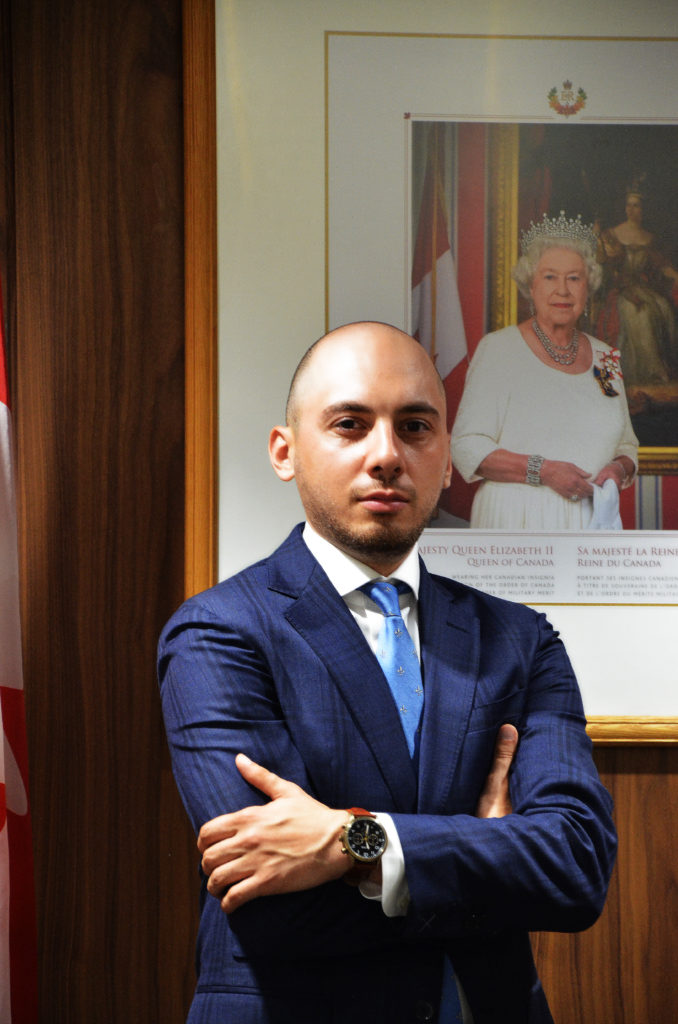Start Your Work Permit Process Today!
Find out how you could obtain Athletes [R186(h)] Work Permit to participate in contests or sport events in Canada. Work Permit allows you to compete in Canadian Amateur or Professional sport teams.
Coming to Canada as an Athlete:
Athletes and staff working for a non-Canadian employer
Since many foreign athletes and coaches earn their income through sports, their participation in sporting events in Canada essentially makes them foreign workers. However, in most cases, the Temporary Foreign Worker Program’s rules and regulations do not apply to visiting athletes and coaches. Applying these regulations to them would be overly restrictive and hinder Canada's ability to host international sporting events and leagues.
As a result, work permits are generally not required for athletes and staff who are part of a foreign-based team or representing a foreign country. This also applies to essential personal and support staff of these foreign athletes and teams.
Conversely, if a foreign national wishes to join a Canadian sports team or represent Canada as an individual athlete, they typically need to obtain a work permit.
However, in this case, much of the usual bureaucracy associated with obtaining a work permit is streamlined. Athletes in this situation may be exempt from the Labour Market Impact Assessment (LMIA) requirement, which is often the most challenging part of securing a work permit. The LMIA is used to show that there is a labor shortage and that no Canadian citizen or permanent resident was available for the position. This process involves rigorous scrutiny, and even minor mistakes can jeopardize the application. Work permits that are exempt from the LMIA do not require proof of a labor shortage. Therefore, it is crucial to ensure that athletes are eligible for this type of work permit and that their application is thoroughly prepared.
Start your Process Today by Completing the Online Assessment Form.

Immigration, Refugees and Citizenship Canada has a special policy in place during the coronavirus pandemic that allows international students to complete their Canadian program while living overseas and still be eligible to obtain a PGWP when they move to Canada. In order to benefit from this policy you must:
- enroll at a Canadian Designated Learning Institution. DLIs are colleges and universities that are accredited by the Canadian government to welcome international students.
- have started or will start a program between spring 2020 and summer 2022, or your program was already in progress in March 2020.
- have a study permit, OR approval for a study permit, OR apply for a study permit prior to starting your program and are eventually approved.
- meet all other PGWP criteria.
A PGWP is valid for anywhere between 8 months to 3 years. The actual length depends on the length of your program at a Canadian DLI. IRCC provides the following guidelines on its website:
- Completed program under 8 months: Not eligible for a PGWP
- Completed program between 8 months and less than 2 years: The PGWP will be valid for the same length of your study program (e.g., a 10-month program will result in a 10-month PGWP)
- Completed program of 2 years or more: PGWP will be valid for 3 years
- Completed more than one program: You may be able to combine your Canadian educational programs to get a PGWP as long as the programs are DLI eligible and each over 8 months in duration. The total length of the PGWP will correspond to the durations above.
The deadline to apply for the Post-Graduation Work Permit is within 180 days (six months) of obtaining a transcript and an official letter from the eligible DLI confirming that the requirements to complete the program of study have been met.
If the study permit is set to expire before the marks have come in, candidates have two options:
- apply for a visitor record to stay in Canada longer; or
- leave Canada and apply for the PGWP
When applying, applicants must demonstrate that they either hold a valid study permit, held a study permit, or were authorized to study in Canada without the requirement to obtain a study permit under paragraphs 188(1)(a) and (b) of the Immigration and Refugee Protection Regulations.
While program officers may request additional documents, two important documents required at the time of applying are a letter confirming the completion of the program of study and an official transcript by their DLI.






